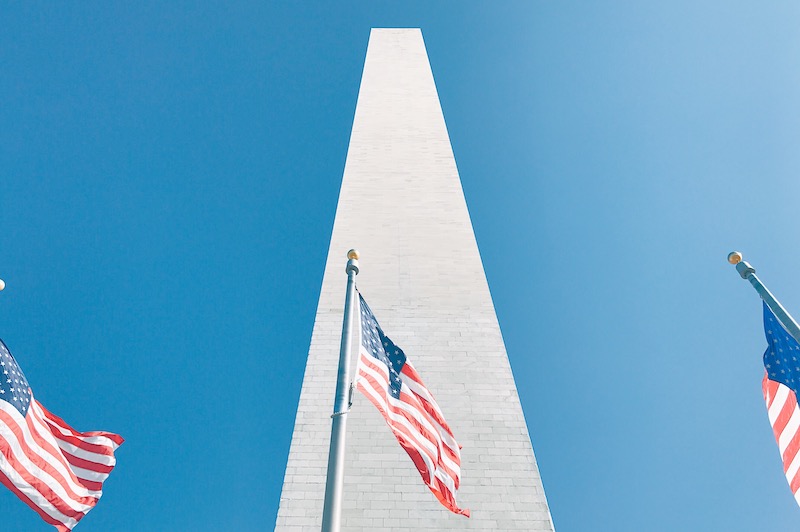America is an increasingly fragmented republic. The ties that bind us culturally and economically have come unwound in the face of enormous change. To Yuval Levin, writing in the pages of The Wall Street Journal, this is a reality we can neither lament nor ignore:
During the 1950s, ‘60s and ‘70s, the culture liberalized, the economy was deregulated to keep up with rising competitors, and an exceptional midcentury elite consensus in politics gave way to renewed divisions. In time, this fracturing of consensus grew from diffusion into polarization—of political views, economic opportunities, incomes, family patterns and ways of life. We have grown less conformist, but more fragmented, more diverse but less unified, more dynamic but less secure.
Political and cultural life today resembles most people’s television watching. We have innovated our way toward hundreds of channels catering to every interest imaginable. This means that a popular TV show brings at best a quarter of households together compared to the more than 80 percent in the 1950s. Aggregation and algorithms further marry cultural diversity with individual preference.
[pq]America’s diversity should be the source of its solutions for the 21st century. [/pq]
These are the fruits of growing prosperity and diversity. But they also suggest what we have lost: a common cultural language, trusted voices of authority, and stable futures for our favorite shows. If we turn away from the television, we see remarkably similar forces at play in the life of our country.
Rather than viewing these changes as losses, we must see them as opportunities. No longer can we assume that far-off institutions will share our ideals and ambitions. We must look closer to home. Our economy is already empowering individuals as producers of ideas, and communities of talent are becoming the factories of the postindustrial age.
Believers in free enterprise must embrace this dispersion of choice. America’s diversity should be the source of its solutions for the 21st century. We must empower “problem-solvers throughout American society,” as Levin argues, “rather than hoping that Washington will get things right.” In politics, nationalism’s loss is federalism’s gain.
The work of government more broadly—especially at the state and local levels, where most government happens—should abandon the model of the centralized, technocratic industrial economy in favor of today’s decentralized, consumer-driven, postindustrial economy, using public resources to encourage constructive experimentation with public services rather than to impose tired dogmas from above. Some forward-thinking state and local leaders, like Indiana Gov. Mike Pence and San Diego Mayor Kevin Faulconer, offer useful models of how competition between private and public service providers can improve both.
Bottom-up policymaking is fundamentally oriented toward modernity’s decentralizing disposition. Many err in believing nostalgia or technocracy can unite us. Yet lamenting the present by embracing the past will not prepare us for the future.
We must instead recognize that state and local leaders are becoming today’s policy innovators and empower them with an agenda fit for the times. Indeed, America’s cities and states are the policy labs and platforms for building 21st-century solutions.
Our hope for the future does not rest in Washington restoring our past. Rather, the future begins in our neighborhoods.



